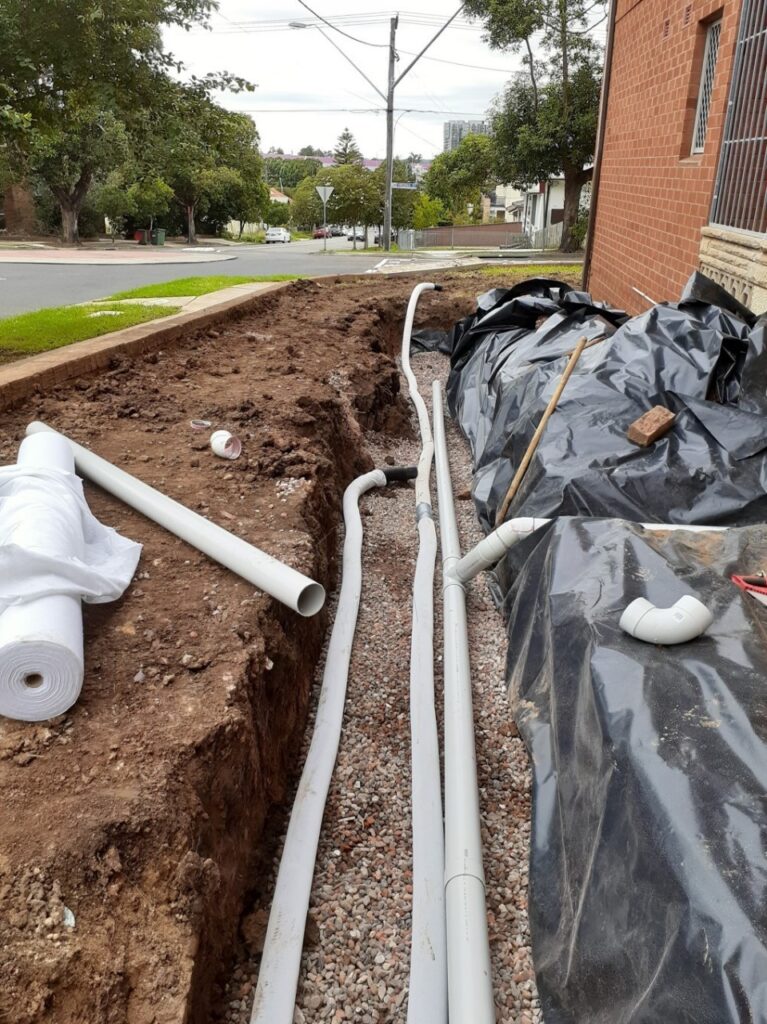Introduction
Modern cities are growing faster than ever, with expanding infrastructure, population, and industrial development. However, this rapid urbanization brings along one major challenge — managing stormwater. Without proper stormwater management, cities can face flooding, erosion, pollution, and long-term damage to infrastructure.
That’s where Gemcon Engineering comes in, offering sustainable and innovative Why Stormwater Management is Vital in Modern Cities
solutions to ensure efficient drainage, water conservation, and urban resilience.
What is Stormwater Management?
Stormwater management refers to the process of controlling and directing rainwater runoff from streets, roofs, and paved areas. When it rains in urban areas, the water can’t easily soak into the ground due to concrete surfaces. Instead, it flows across these surfaces, collecting debris, pollutants, and chemicals before reaching natural water bodies.
An effective stormwater management system captures, filters, and redirects this runoff, minimizing damage to the environment and reducing flood risks.
The Need for Stormwater Management in Modern Cities
As cities grow, natural landscapes are replaced with roads, buildings, and pavements. These impermeable surfaces reduce the ground’s ability to absorb rainwater. Without a proper system, this excess runoff leads to:
- Urban Flooding:
Heavy rainfall can overwhelm drainage systems, causing roads, homes, and public areas to flood. - Water Pollution:
Stormwater carries pollutants like oil, chemicals, and litter into rivers and lakes, harming aquatic ecosystems. - Infrastructure Damage:
Continuous exposure to uncontrolled water flow can erode roads, weaken foundations, and damage underground utilities. - Public Health Risks:
Stagnant water after heavy rains can become a breeding ground for mosquitoes and bacteria, increasing the risk of disease.
Gemcon Engineering helps prevent these issues through advanced urban drainage designs that combine technology, sustainability, and engineering expertise.
How Stormwater Management Supports Sustainable Development
Proper stormwater management is not just about preventing floods — it’s a key component of sustainable urban development. Here’s how:
1. Protecting Water Quality
Stormwater often contains pollutants from roads, vehicles, and buildings. A well-planned management system filters these contaminants before they reach rivers or groundwater. This protects aquatic habitats and ensures cleaner water resources for communities.
2. Preventing Urban Flooding
Cities with poor drainage face frequent flooding, especially during monsoon seasons. Gemcon Engineering designs efficient drainage systems that direct water safely into designated storage or infiltration zones, reducing surface flooding and waterlogging.
3. Recharging Groundwater
Modern stormwater systems can redirect excess rainwater into underground aquifers, helping to replenish groundwater levels — an essential resource for urban populations.
4. Reducing Soil Erosion
Uncontrolled runoff erodes soil and destabilizes the landscape. Stormwater management stabilizes soil through controlled flow paths and vegetation-based solutions, preventing land degradation.
5. Supporting Green Infrastructure
Stormwater systems are increasingly integrated with green infrastructure — such as rain gardens, permeable pavements, and green roofs — that naturally absorb and filter water while enhancing urban aesthetics.
Modern Techniques in Stormwater Management
To build resilient cities, engineers use a mix of traditional and modern stormwater control methods. Some key techniques include:
1. Retention and Detention Basins
These basins collect stormwater temporarily or permanently, allowing sediments to settle and water to infiltrate gradually into the soil.
2. Permeable Pavements
Unlike concrete, permeable surfaces let water seep through, reducing surface runoff and improving groundwater recharge.
3. Rain Gardens and Bioswales
Vegetated areas like rain gardens help capture and filter stormwater naturally, while bioswales channel runoff safely into drains.
4. Green Roofs
Buildings with green roofs absorb rainfall and reduce the pressure on storm drains during heavy rains.
5. Smart Drainage Systems
Gemcon Engineering incorporates smart technologies such as sensors and automated valves that monitor water levels and control flow dynamically, ensuring cities stay protected even during unpredictable weather events.
The Role of Engineering Firms in Stormwater Solutions
Effective stormwater management requires multidisciplinary expertise — hydrology, civil engineering, and environmental science all play a part.
Gemcon Engineering stands out as a trusted name in urban infrastructure projects. The company specializes in:
- Designing advanced stormwater drainage systems
- Conducting soil and water flow analysis
- Implementing sustainable drainage and flood prevention strategies
- Offering customized solutions for residential, commercial, and industrial developments
By using cutting-edge technology and environmentally responsible methods, Gemcon ensures every project contributes to a safer, cleaner, and more resilient city.
Case Study: Urban Stormwater Challenges
Consider cities that experience flash floods every rainy season — often, the reason is poorly planned drainage and unchecked urbanization. When storm drains are blocked or undersized, even a short rainfall can paralyze entire neighborhoods.
Gemcon Engineering addresses these issues by analyzing rainfall data, topography, and soil absorption capacity to design systems tailored to local conditions. Their approach ensures that every drop of rain is accounted for, safely managed, and utilized effectively.
Environmental and Economic Benefits
Investing in stormwater management pays off in both environmental and financial terms:
- Reduced Infrastructure Costs: Prevents costly repairs due to flooding or erosion.
- Lower Insurance Claims: Properties in flood-protected areas face fewer damage claims.
- Increased Property Value: Safe and well-drained neighborhoods are more desirable.
- Cleaner Environment: Minimizes pollution entering natural water bodies.
- Enhanced Urban Livability: Prevents traffic disruptions and health hazards during heavy rainfall.
Conclusion
Stormwater management is no longer an optional part of city planning — it’s a necessity. As climate change brings unpredictable rainfall patterns, urban areas must invest in efficient drainage and water management systems.
Gemcon Engineering leads the way with sustainable, reliable, and innovative solutions that protect both people and the planet. By prioritizing stormwater management, modern cities can safeguard their infrastructure, environment, and communities for generations to come.
Final Thoughts
In the race toward urbanization, cities must remember that managing natural elements like rainwater is key to long-term sustainability. Partnering with experienced firms like Gemcon Engineering ensures that every project contributes to a smarter, safer, and greener future.

